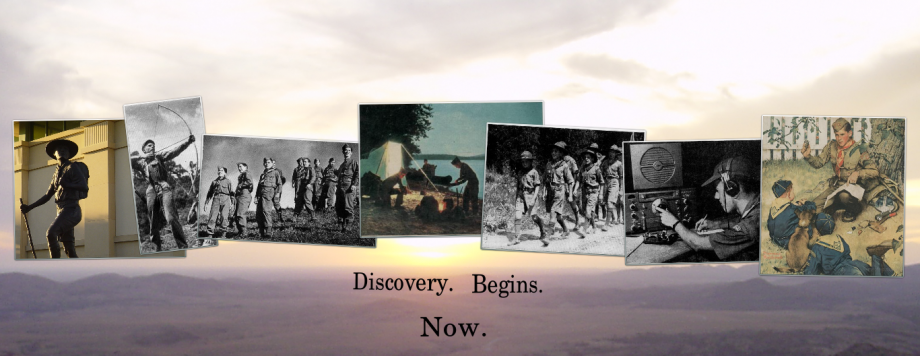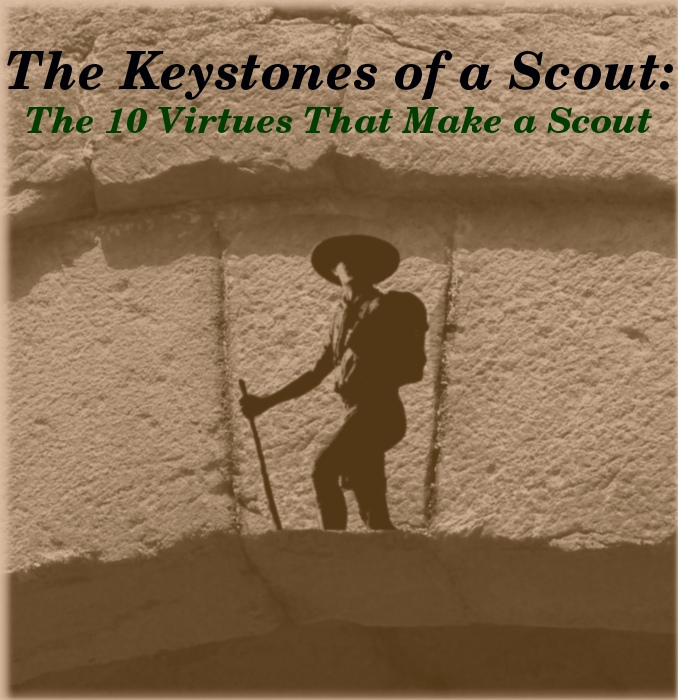In order to keep a Scout Troop established along the lines of the Patrol Method and being Boy-led, it is important that new Scouts in the Troop are taught about the Patrol Method and know its importance and the responsibilities it requires of each Scout.
Unfortunately, it isn’t as simple as having an “Introduction to the Patrol Method” Class every year. The truth is, maintaining a Boy-led, Patrol-Method Troop is a lot of work, and that’s why some Scoutmasters have given up trying. However, I’ve always been glad it wasn’t that easy. The Patrol System isn’t easy, but neither is Scouting, for that matter. And that’s what makes it worth doing.
A properly functioning boy-led Troop is self-sustaining. Through the constant care and attention of the Scoutmaster and the boy leaders, new Scouts who enter the Troop learn by both emulating the older Scouts and being directly taught about the Scout method by them. There are five areas of the Patrol Method that are especially important when it comes to teaching it new Scouts: Continue reading




 Today, I’m going to continue the series I
Today, I’m going to continue the series I  Today I’m going to start a new series here on “Scouting Rediscovered” that will run in parallel to the other series that I’m currently writing. Over a year ago, I borrowed a book from my local library called: Baden-Powell: The Two Lives of a Hero. This book is a biography of the founder of the Scouting movement: Sir Robert Baden-Powell. Although somewhat long, I thoroughly enjoyed reading it and gaining insight into the life of this man who us Scouts owe so much to.
Today I’m going to start a new series here on “Scouting Rediscovered” that will run in parallel to the other series that I’m currently writing. Over a year ago, I borrowed a book from my local library called: Baden-Powell: The Two Lives of a Hero. This book is a biography of the founder of the Scouting movement: Sir Robert Baden-Powell. Although somewhat long, I thoroughly enjoyed reading it and gaining insight into the life of this man who us Scouts owe so much to.

